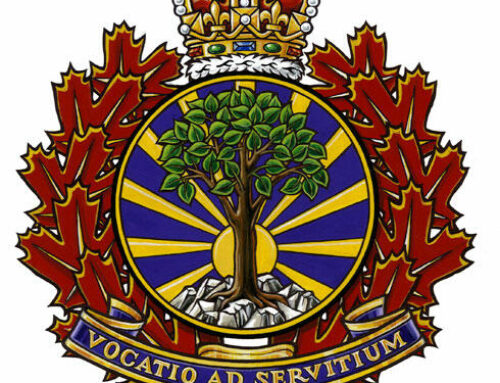Friends,
I am honoured to be here with you today from Treaty Six Territory, inside Zion Lutheran Church. I want to express my gratitude for this opportunity to celebrate with the St. Andrew's Board of Regents, faculty, staff, and friends both in-person and online. I am also delighted to gather with the College's Saskatoon Theological Union partners from the College of Emmanuel & St. Chad and the Lutheran Theological Seminary Saskatoon.
Today, we celebrate the accomplishments of those graduating and honour those who will receive honorary doctorates. However, in the past year, all three partners of the Union have had beloved die. For St. Andrew's, we grieve the loss of some of our alumni and friends, including the Revs. Jason Richards, Don Lawrence, Jack Ballantine-Dickson, Margaret Crawford, David Petrie, and honorary doctorate recipients Joyce Sasse, Martha Pankratz, and Revs. Bernice Saulteaux, Jack Carr, and Austin Fennell, and faculty Paul Newman. As of this week, the College community has also begun to say goodbye to beloved former Principal, Laura Balas. Their passing has reminded me of the fragility and resilience that people, families, and institutions experience.
Jason Richards' commissioning in the last line of his obituary was to "do something nice for someone unexpectedly and without explanation." For those who knew Jason, this invitation captures his playful spirit and ability to engage people deeply in relationships. I believe this phrase is at the heart of journeying with people who have answered a call to share the Good News.
At St. Andrew's College, we endeavour to live out our Mission Statement: "Theological Education that embodies Compassion, Hope, and Justice." Our calling is not about doing things but about embodying and being this calling, accompanying those who will go out into a world that is hurting and where shadows gather, where our choices often harm Creation and lead to the oppression of many to the benefit of the few. We strive to model a radical and abundant love that emboldens people to confront such harm and marginalisation. We, as Easter people, see this model captured in our Sacred Story about Jesus, the Christ.
This fall, St. Andrew's will launch two new learning pathways that take seriously a learner's context, whether rural or urban, here in Canada or abroad. The first pathway, which includes our Master of Divinity and Master of Theological Studies, is deeply ecumenical, interdisciplinary, and builds on 40 years of deep relations with our Union partners. The second pathway is committed to journeying with people who are seeking lifelong learning opportunities. Whether lay or Ordered, volunteer or Rostered, this Lifelong Learning Pathway centres study around the learner's goals. In this new pathway, Guides will journey with students through three possible certificates based on a set of competencies.
As disciples, graduates, and honorary doctorate recipients, we must be grounded in our faith, which does not seek worldly recompense but radically shares a Love that is not bounded by binaries. Peter Scholtes' 1966 hymn "They'll Know We Are Christians By Our Love" captures what being the Good News means and looks like and what Jason's commission points to. In responding to the world's changing needs, as a United Church of Canada theological school and in faithful relationship with partners in the Saskatoon Theological Union and beyond, it remains a rich trust to know that we will continue to journey with people who not only modelled this way of being in the world but also joyfully invited us to reflect on why and how our doing points beyond the moment.
As St. Andrew's completes a generational transformation of its programming by building on the wisdom and blessings of its first one-hundred-plus years as a theological educational institution, it is more important than ever to help people articulate this Easter faith. As a United Church of Canada theological school, we are committed to responding to the world's changing needs and journeying in faithful relationships with partners in the Saskatoon Theological Union and beyond. It is a rich trust to know that we will continue to accompany people such as Jason who not only modelled this way of being in the world but also joyfully invite us to reflect on why and how our actions point beyond the moment to the central message captured in the United Church's New Creed's final lines:








Your reflections are most welcome!